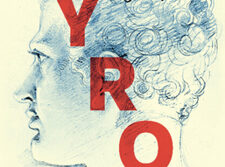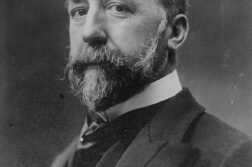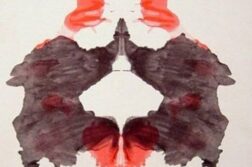IN A 1983 INTERVIEW with Don Swaim, a New York City radio talk show host at the time, Edmund White commented that he had sensed a thousand gay men struggling with their sexuality reading over his shoulder while he was writing A Boy’s Own Story. It is a finely crafted tale of forbidden desire and the shame, excitement, and torment of adolescent passion—a portrait that undoubtedly rang true for many of the readers looking over White’s shoulder. How dangerous is it to write fiction as if it is a mirror of one’s own life, a reflection of a whole era? White has said that what matters to a writer is truth—and truth, he knows, can sometimes be achieved by mischievous means. Even for a writer who draws his material from a well of his own experiences, art is never autobiographical in a simple, photographic way.
At 63, White has left a trail of books in a range of genres: his many novels, including the great “confessional” trilogy (A Boy’s Own Story, The Beautiful Room Is Empty, and The Farewell Symphony); the giant, scholarly Genet: A Biography, which won a National Book Critics Circle Award; a little gem of a biography on Marcel Proust; and even The Joy of Gay Sex, written in the late 1970’s when he was just a horny thirty-something living in the Village or on the Upper West Side.






